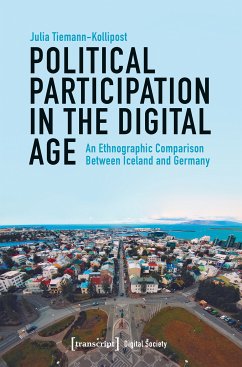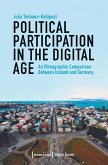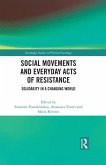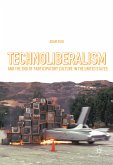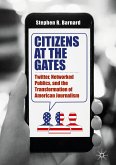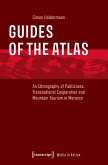This book explores the potential of the Internet for enabling new and flexible political participation modes. It meticulously illustrates how the Internet is responsible for citizens' participation practices from being general, high-threshold, temporally constricted, and dependent on physical presence to being topic-centered, low-threshold, temporally discontinuous, and independent from physical presence. With its ethnographic focus on Icelandic and German online participation tools Betri Reykjavík and LiquidFriesland, the book offers plentiful advice for citizens, programmers, politicians, and administrations alike on how to get the most out of online participation formats.
Dieser Download kann aus rechtlichen Gründen nur mit Rechnungsadresse in A, D ausgeliefert werden.

